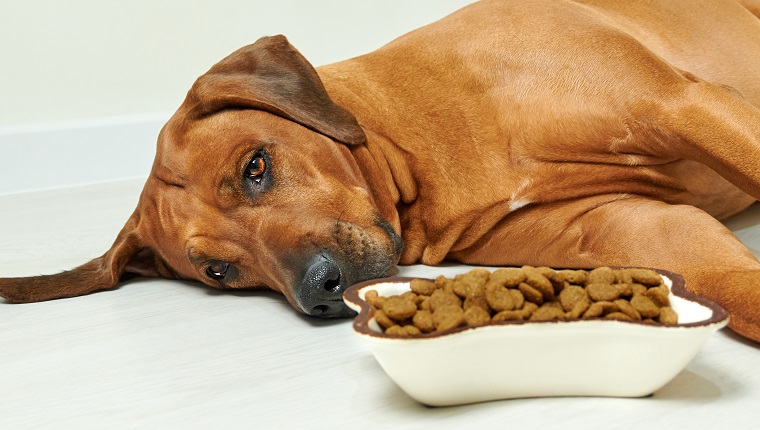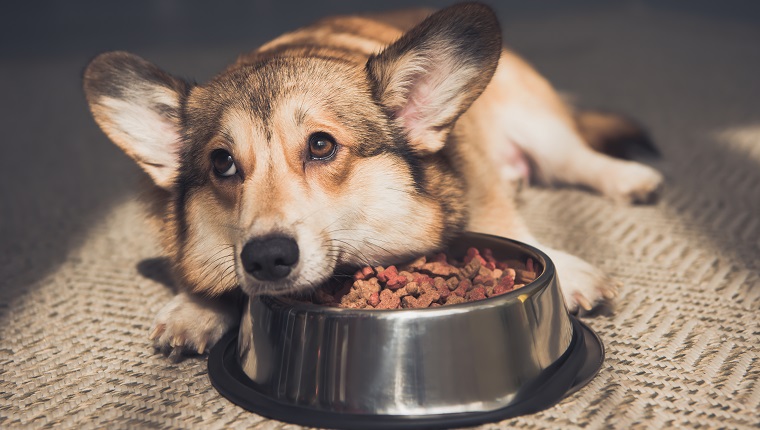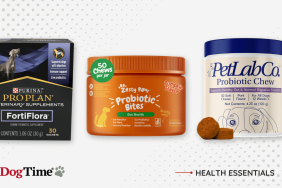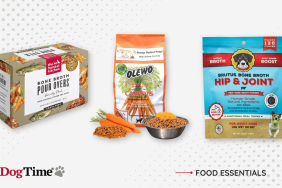Gastrointestinal food reaction in dogs is a medical condition that happens when a dog experiences symptoms due to being unable to properly digest or process a particular food. These reactions can be brought on by factors including the use of additives in food or consuming spoiled food.
It is important to note that these food reactions are different from food allergies, with allergies involving a dog experiencing an immune reaction to something they have consumed. Additionally, while all breeds of dog can suffer from bad reactions to food, adult dogs specifically seem to often develop an intolerance to lactose.
If you see signs that your dog might be suffering from concerning symptoms after eating certain foods, then you must consult your veterinarian for a proper diagnosis and advice. Here’s what you should know about the symptoms, causes, and treatments of gastrointestinal food reaction in dogs.
Symptoms Of Gastrointestinal Food Reaction In Dogs
Gastrointestinal food reactions in dogs usually take place after a dog is introduced to a new sort of food or ingredient. Some of the most commonly seen symptoms include:
Causes Of Gastrointestinal Food Reaction In Dogs

The cause of gastrointestinal food reaction in dogs can usually be attributed to a new food or ingredient that has been introduced to a dog’s regular diet. Some of the specific things that can bring about a bad reaction to food include:
- Food colorings
- Additives
- Spices
- Consuming spoiled food
Older dogs are also most likely to develop an intolerance to lactose. Also, the Irish Setter breed seems to be most predisposed to having issues digesting gluten.
Veterinary Treatments
If you suspect that your dog is developing a gastrointestinal food reaction, then your veterinarian will want to ask a series of detailed questions about your dog’s precise diet and any new additions to mealtimes.
While the vet will likely order blood and urine tests, these are more useful in ruling out other conditions rather than confirming a diagnosis.
When it comes to treatment, your vet will most likely suggest switching to a very basic and minimal diet. This is so they can isolate any ingredients that are setting off your dog’s food reaction.
There is a lot of trial and error that goes on with this process, so remember to be patient with your dog and also keep detailed records about what they are eating and whether their symptoms seem to be improving or worsening.
As always, consult with your veterinarian before making significant changes to your dog’s diet.
Does your dog ever have gastrointestinal food reactions? What ingredients does your dog have bad reactions to? Tell us all about it in the comments below.









